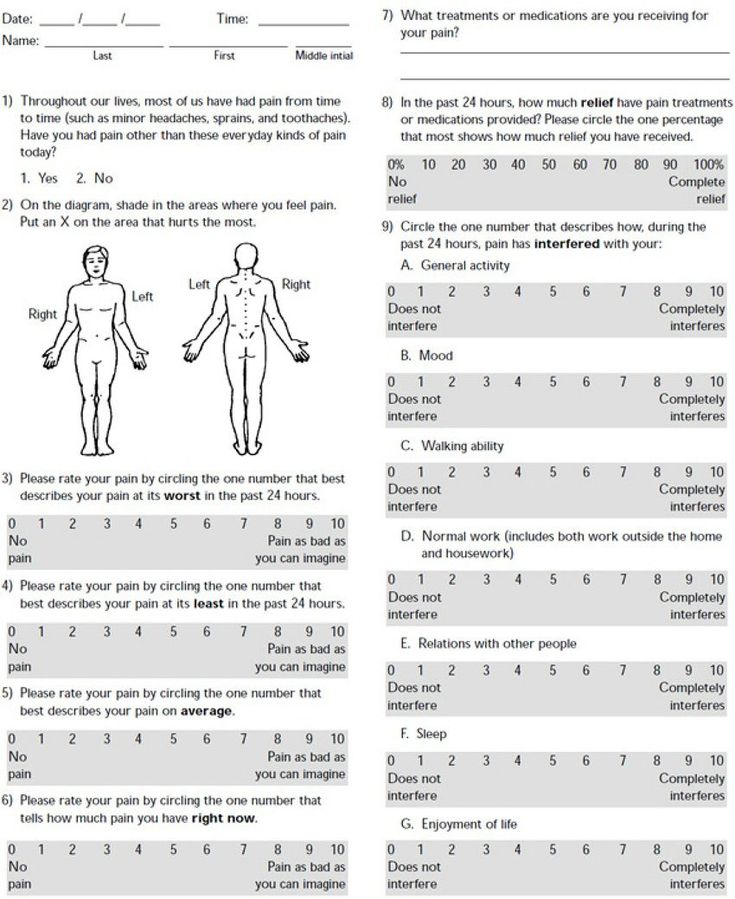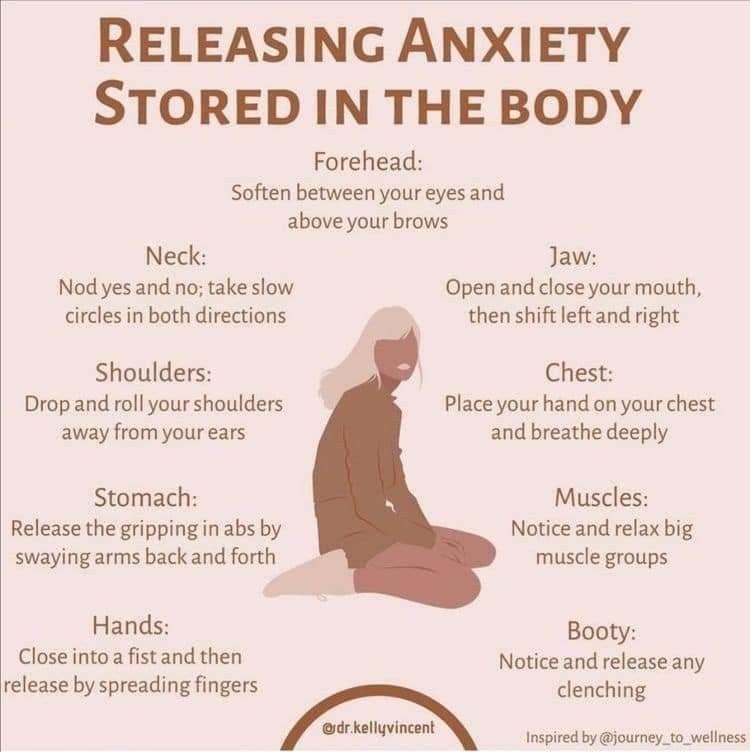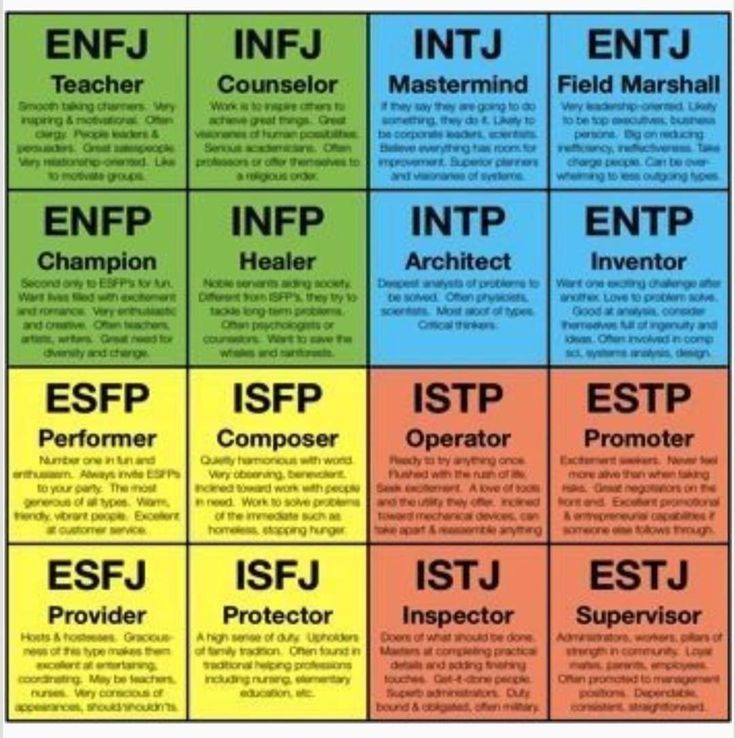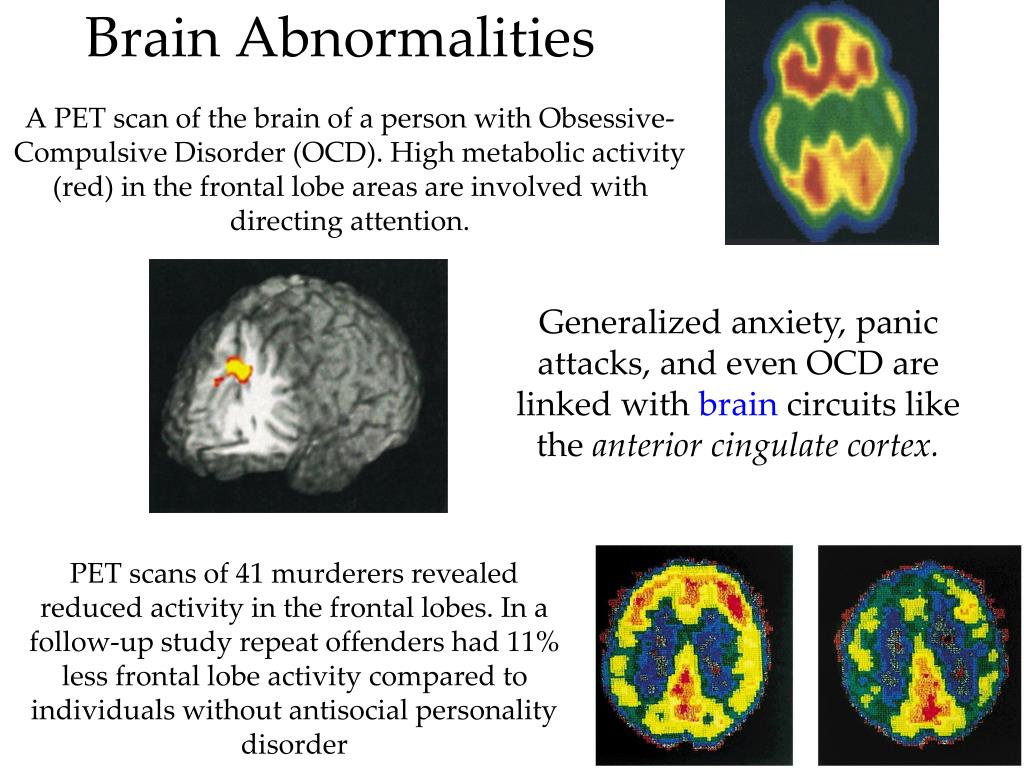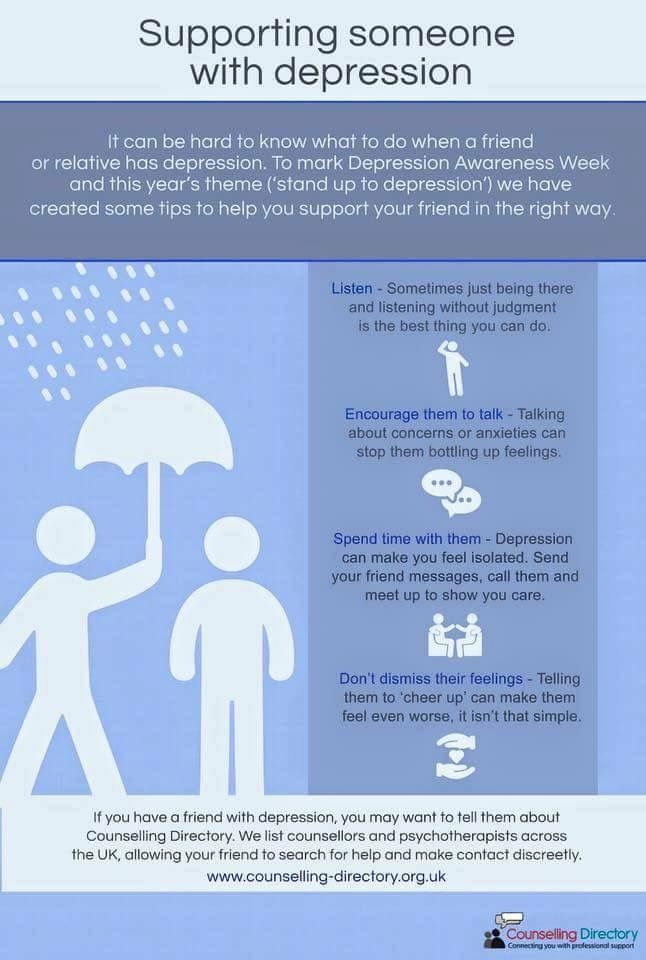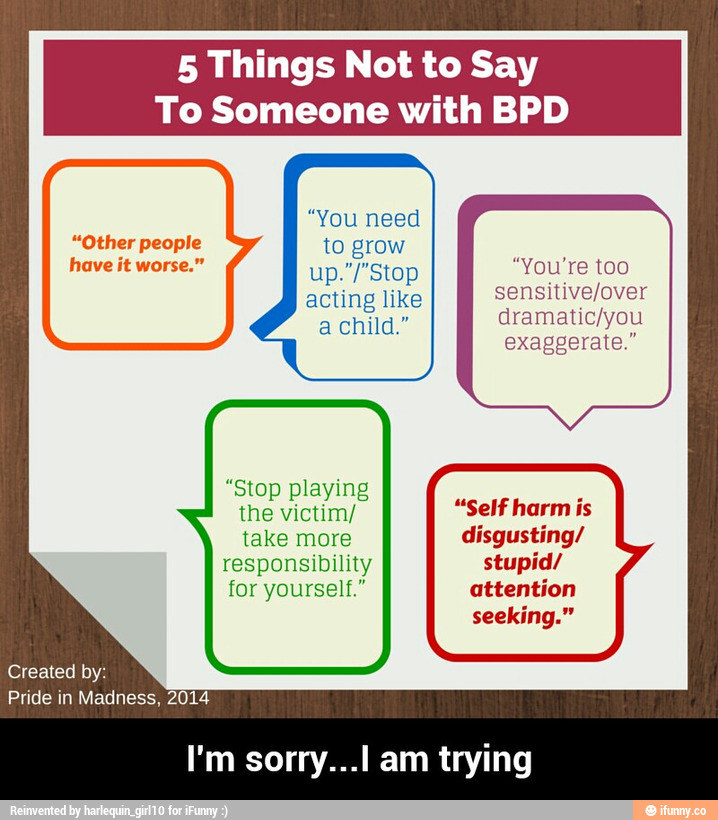Pain in the past
10 Life-Changing Facts to Heal the Pain of the Past
“Freedom is what you do with what’s been done to you.” ~Jean Paul Sartre
Still plagued by your past? Then this post is for you. But only if you want to be free, only if you want to know the open-heartedness and enthusiasm for life that come with making peace with the past.
As you probably know, sometimes events from the past have a mind of their own. Memories keep recirculating when all you want is for them to disappear. You are way more emotionally reactive than you know is good for you. And you are limited by distrust, neediness, and a stunted view of what is possible for you.
If you know your past is still nipping at your heels, read on. Because you will discover 10 facts that may just be the key to unlock the door to your full, unbridled, joyful, infinitely sane expression of you. Be free of the past, and you can go on and simply enjoy your life.
A Personal Example
How do I know? From first-hand experience. For many years, I had a very rocky relationship with my parents, filled with anger and resentment about the past. My mind screamed about the “should have’s” and “ought to be’s.” I kept an endless list about what I deserved, but thought I had missed out on. There were periods with no communication and many arguments as we tried and failed repeatedly to find a way of meeting. Until I saw the light.
In a moment of insight, I took responsibility for my own happiness. I saw that my anger was preventing me from experiencing the ease and well being that I desperately wanted, so I stopped feeding it. No more stories about what should have been, no more blaming or waiting for solutions. My identity as the wounded child disappeared, and what was revealed? Happiness. Peace.
The story of what happened in my past didn’t change. But what I gave power to totally changed. I stopped dwelling on the past. I stopped justifying the anger, and now, 15 years later, I have trouble even remembering the details of events that used to agitate me to no end.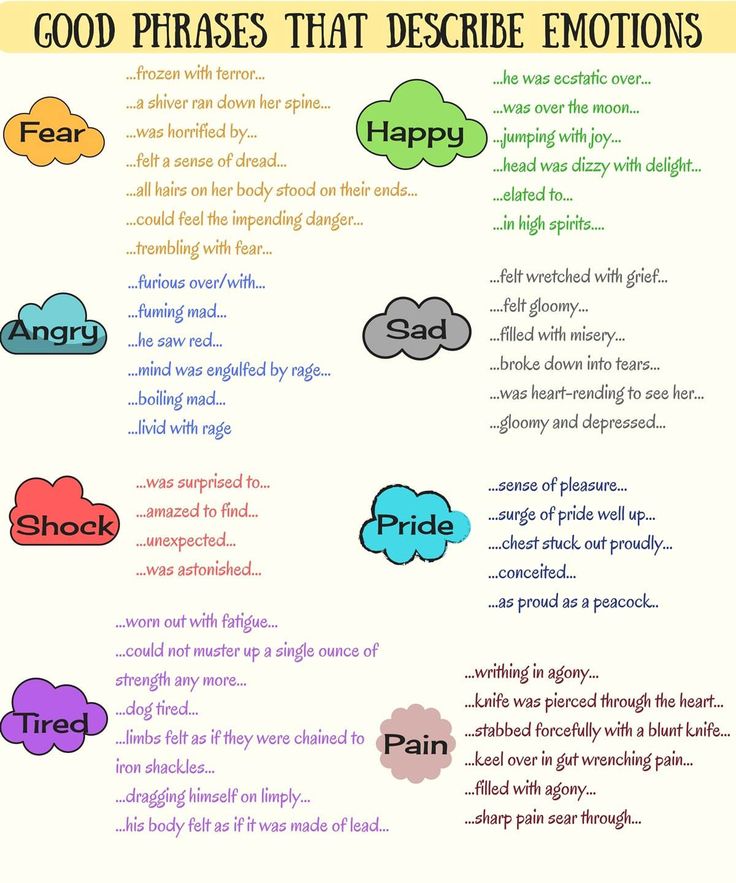 I am so much more drawn to ease and simplicity. Yes, my relationship with my parents has improved beautifully, but that has been a side effect and not the primary driver. What I wanted more than anything was to be free of the past and happy in the now. And, yes, I am free of the past and so deeply happy in the timeless now.
I am so much more drawn to ease and simplicity. Yes, my relationship with my parents has improved beautifully, but that has been a side effect and not the primary driver. What I wanted more than anything was to be free of the past and happy in the now. And, yes, I am free of the past and so deeply happy in the timeless now.
10 Life-Changing Facts
What happened to me is, without question, possible for you. Apply these 10 life-changing facts to the sticky residue from your past. See clearly, get unstuck, and move forward free and unencumbered.
1. The past isn’t really about the past.
When you look with great clarity, you will see that there is no actual thing called the past. Everything that happens happens in the present – it can’t be any other way. Memories of events are thoughts occurring in the present. Anger or hurt about the past is happening now. Your present moment experience in the now is what keeps the past alive.
What is amazing about this understanding is that it shows you that the way out of your suffering is always in the present. You can change your perspective – now, focus on something different – now, feel your feelings – as they are right now.
You can change your perspective – now, focus on something different – now, feel your feelings – as they are right now.
If you want to heal from the past, put your attention on your present moment experience.
2. Memories are not the problem.
A memory is a thought, and a thought has no power or meaning whatsoever, unless you give it power or meaning. You have many thoughts about things that happened long ago, and these thoughts cause no problems. But some thoughts are sticky. You have an emotional reaction to them and you think them over and over. You may even have beliefs related to them, for example, “I am justified in thinking this” or “I need an apology so I can move on.” This keeps them very much alive, affecting your ongoing experience.
If you want to be free of the past, lose interest in these sticky thoughts. Know that it doesn’t serve you to repeat them and that thinking they are justified only delays your freedom. Be prepared to take a look at the pure experience of your feelings without the layer of thinking that solidifies them (see #6 below).
3. “Healing” means letting go so the thoughts and feelings don’t impact you.
Your goal is to neutralize the story from the past so it loses its power over you. It becomes transparent, with no meaning and no effect. You change your relationship to your thoughts so they don’t sit like a dark cloud over you. Your goal is not to:
- Make yourself forget about the past (impossible)
- Stuff or ignore your feelings (creates other problems – addiction, anyone?)
- Wait for an apology or acknowledgment (postpones happiness)
- Wait for time to heal all wounds (you may need more than time)
- Wallow endlessly in your emotions (oh, so painful)
- Redo the past (you can’t change what happened but you absolutely can change your reaction to what happened)
Keep holding as possible: freedom…peace…sanity…freshness in the moment…fully alive now.
4. The path to healing opens up once you are fed up by how the stories about the past impact you.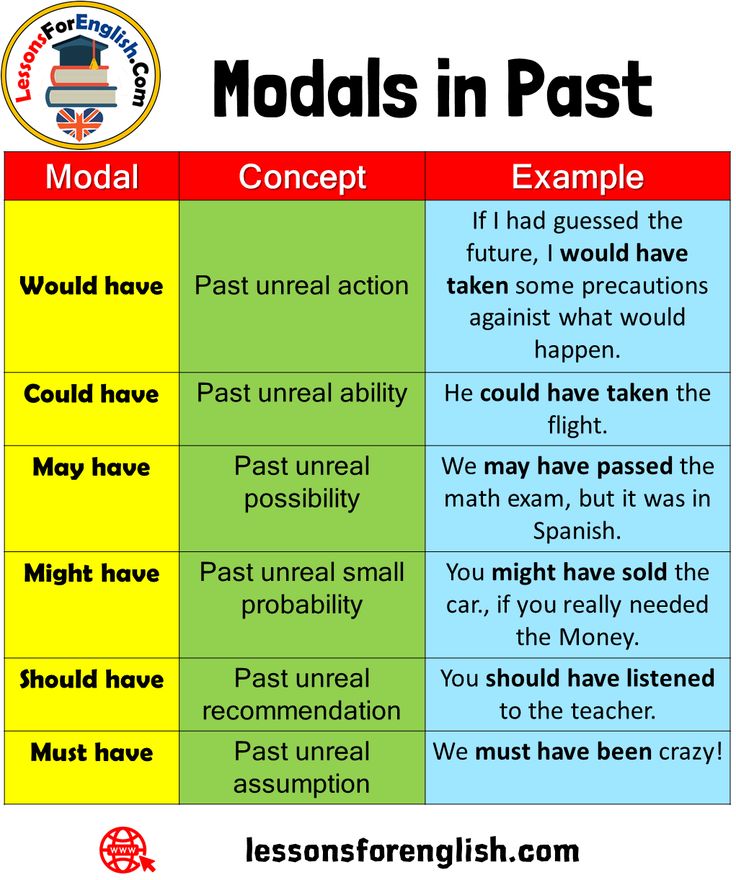
As I’m happy to say as often as necessary, what you focus on is what will grow. If you cultivate sadness, regret, and revenge, then they will become your reality. As an alternative, be very willing to see through these stories as much as is needed. Be open to energy moving through your body rather than staying stuck. Prepare yourself to feel differently. Contemplate not defining yourself by thoughts about the past.
5. You get a jump-start on releasing the past when you take full responsibility.
Once you see that the ball is totally in your court, you have set the stage for deep letting go. Your happiness is your responsibility alone, not anyone else’s. You might be very familiar with feeling like a victim. But this is a passive, unempowered position, leaving you waiting for words or actions from someone else, something you cannot control.
Taking responsibility means being open to recognizing how your own internal landscape is feeding your suffering. What thoughts make you unhappy? What feelings are stuck in your body and heart? How do you make yourself suffer by recycling negative memories through your mind? Being stuck in the past means that a part of your heart is closed. Take responsibility for going right into those bruised and tender places. Read on to find out how.
Take responsibility for going right into those bruised and tender places. Read on to find out how.
6. Telling stories keeps the past lodged in your mind, heart, body, and spirit.
We tell ourselves all sorts of stories that bring trouble to our lives. Want to be trouble-free? Here is the medicine.
- Notice how entranced you can be by the stories of drama and victimhood that appear in your mind.
- Just for a moment, let yourself lose interest in these thought stories. (see #2 above)
- See that what is left is a pattern of physical sensations, maybe gripping, tension, or burning. You may never have noticed these sensations before, but they have probably been there for a long time.
- Now notice this: You are aware, and these sensations are appearing in your awareness. They come, go, and change, but here you are: aware.
- Take the perspective of awareness, and the sensations have the freedom to be. They aren’t ignored or suppressed. You aren’t so busy in the story that you don’t notice them.

- Now notice: Are you suffering? No, you are simply experiencing sensation as awareness.
This is freedom – no attention to the story, experience appearing and disappearing with ease. You: unchanging, clear, undisturbed.
7. Beliefs about healing can get in the way.
Besides getting stuck in the story, you might become aware of beliefs you hold about what needs to happen for you to let go. These are simply more thoughts that keep you distracted from the heart of the matter. Here are some possibilities:
- “I feel justified in staying stuck because I was wronged.”
- “It is someone else’s responsibility to make this better for me.”
- “If I let go, I’m somehow approving others’ bad behavior.”
- “I need an apology.”
- “Life is unfair.”
- “It was so bad that it’s not possible for me to heal.”
You life begins now, in this very moment…and now…and now. You can always start anew. Don’t feed these limiting thoughts, and you won’t need them to disappear.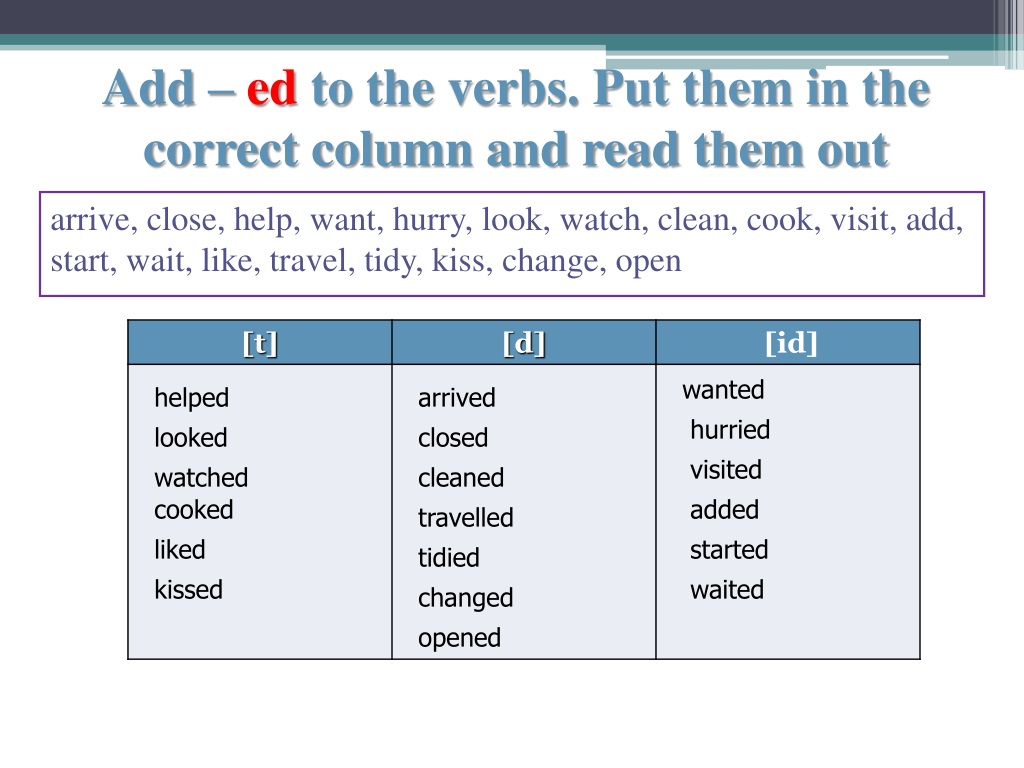 Proceed to discover that you were never not whole, that a part of you has always been untouched by the world.
Proceed to discover that you were never not whole, that a part of you has always been untouched by the world.
8. Relationship troubles relate to your past.
Unless you see through all of it, you are a product of your past and the ideas you have formed about how relationships work. This keeps the past alive in the present. Do you fear rejection or commitment? Do you feel you need approval and attention? Do you isolate or push people away? Do you need to be on top and in control? Do you have difficulty trusting? If these tendencies cause you problems in your relationships, here is your opportunity.
Untangle your thoughts and feelings about the past, and live in freedom from them as you move forward.
9. The middle path is the intelligent path.
Dwelling on what happened and leaking your feelings all over the place will keep you suffering. Hiding, indulging, or stuffing your feelings doesn’t work in the long-term. Instead, bring intelligence and clarity to your direct experience. Cultivate a fire for peace and ease that serves you well.
Cultivate a fire for peace and ease that serves you well.
10. Finding out who you are is the ultimate freedom.
If you define yourself by your past, you will be living as a fraction of what is possible for you. Say you think of yourself as wronged or abused or victimized. Or you see yourself as having gotten the short end of the stick.
Defining yourself by what happened doesn’t help you now. It’s like wearing clothes that never fit. Is it time to take them off?
It’s easy to believe in a mistaken identity. It feels so true to think we are the result of what happened or the sum total of our thoughts and feelings. But the truest thing about you is that you are aware. Life presents a passing array of experiences – thoughts, emotions, events, people. These all arise in you but are not you.
Live as the awareness that you are – fully alive, here, not in conflict with anything. Know who you are, and the pain of the past will barely be a ripple…on the surface…of the immeasurable vastness of you.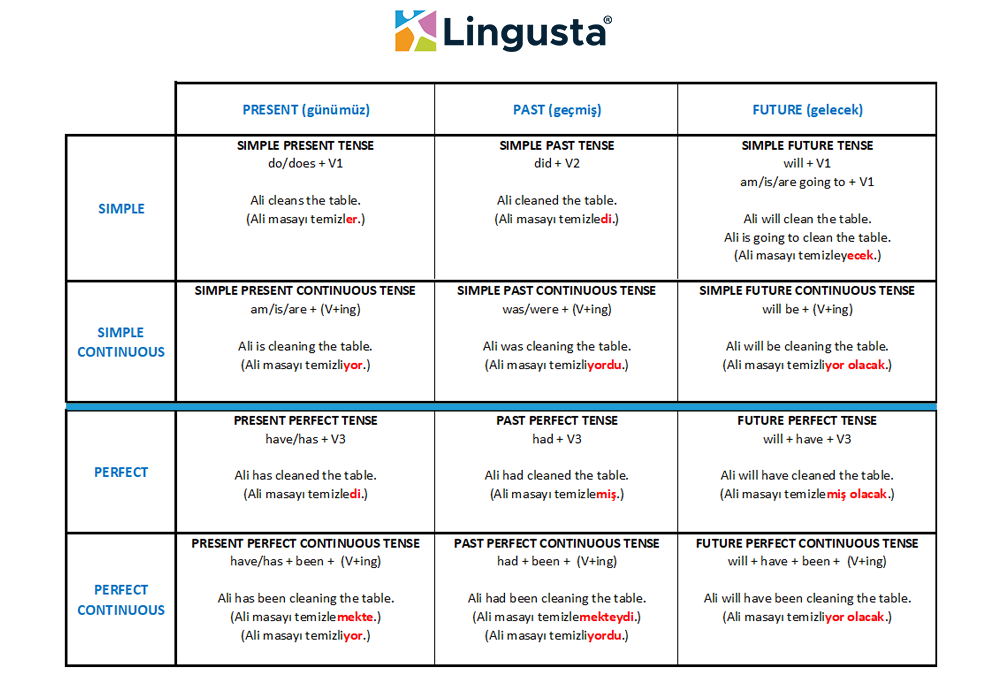
What have you learned about healing the pain from the past that has helped you?
Note: This is the seventh in a series of posts on Life-Changing Facts. Here are the others: fear, attachment, habits, healing the inner critic, happiness, and anger.
Note on September 26, 2014: Thank you all for your comments, which I have enjoyed answering. We have thoroughly exhausted this topic! I am closing comments on this post, but I guarantee the answers you are looking for are here, either in the post or in my responses to other people’s comments below. I love that you are interested in finding peace. It’s right here, available to you!
Always in love,
Gail
image credit
I'm so glad you're here! If you enjoyed this article, please share it with others and sign up to receive FREE articles, guided meditations, and access to key insights from Gail's book, The End of Self-Help.
What to do when you painful past affects your present: Blog
News Posted On Aug 08, 2018
It is unrealistic to think that we can get through life without some sort of emotional pain.

As human beings, we all experience challenges that change and form us into the people we are today. Just living in the world presents us with continual risk. It’s when painful memories resurface and cause us continued distress that we need to sit up and pay attention to what’s happening in our lives. Some experiences can affect us emotionally, physically, and socially. These past memories may influence our personal and professional relationships as well as our ability to parent in healthy ways. We can carry the hurt and anger from the past into the present and without intervention, into the future.
What happens when past hurtful experiences haunt us and rise to the surface?
Thinking about past hurt and pain can lead to other challenges, including depression, isolation, frustration, and addiction (to name a few). Unfortunately, when we are in a situation that creates triggers in our brain, it links us to the past, and we re-experience the emotions from that time. When unexpected nasty things happen to good people, we refer to this as trauma.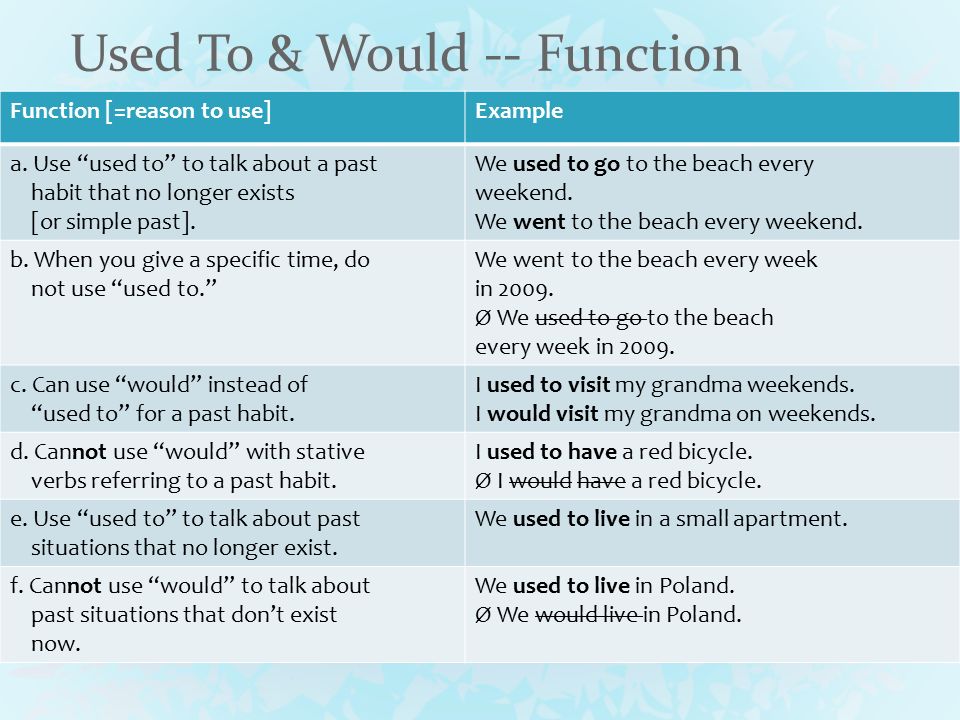 Trauma can rewire our brains so we are linked to the past, and we respond in ways that may not make sense in the current situation.
Trauma can rewire our brains so we are linked to the past, and we respond in ways that may not make sense in the current situation.
How do you know when you are being affected by your history?
It often depends on your response and whether or not you feel out of control. Ask yourself, "Does my emotion match the situation?" or "I don’t know why I lost it; I just couldn’t help it." Do you find yourself experiencing an emotion and you’re not sure why? For example, do you feel deep sadness in situations that aren’t sad? Are you sitting at work and just can’t shake your anger? Do you fly off the handle? Do you dwell on the past and just can’t get it out of your head? These triggers happen for everyone, but when it starts to interfere in your everyday life, it’s time to think about dealing with the past pain and hurt.
One of the best ways to help you cope more effectively is to visit a mental health therapist and discuss your experiences and your reactions.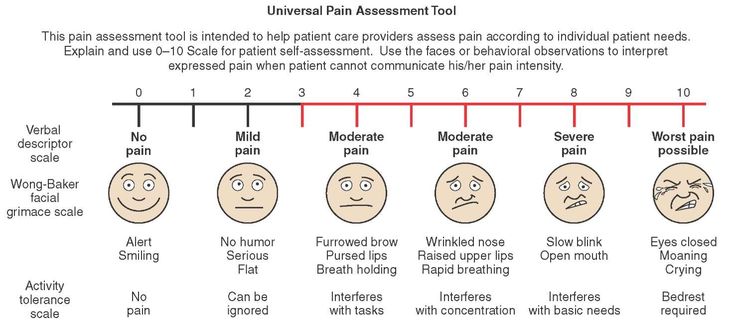 There are many tools and interventions used to help individuals overcome their past and focus on the present so that they can build a healthier future. Therapists are trained in helping you understand how your triggers from your past can interfere in your current life.
There are many tools and interventions used to help individuals overcome their past and focus on the present so that they can build a healthier future. Therapists are trained in helping you understand how your triggers from your past can interfere in your current life.
Marsha Linehan, the developer of Dialectical Behavior Therapy, has created some excellent tools to help clients navigate past trauma. She works with clients who experience a high level of distress in their lives and engage in suicidal or unhealthy self-harm behaviour. Part of her philosophy is that bad things DO happen to good people, and she has developed the concept of "radical acceptance" which means that we can develop an understanding of accepting the past. Referred to as "distress tolerance," there are a few things that you can tell yourself when you are going through a rough patch:
- Life can be tough; it isn’t always fair, and it isn’t always easy.
- Some things in the past just can’t be changed; focus on the things that can be improved.
 You may not be able to change the fact that your parents hurt you when you were little, but you can change your behavior so that you don’t hurt your own children.
You may not be able to change the fact that your parents hurt you when you were little, but you can change your behavior so that you don’t hurt your own children. - It is what it is… and you can balance the things that you cannot change with the things that you can change. You have lots of choices in life; focus on those.
- You may not always agree with something or even like it. It’s okay if things don’t always work out the way you want them to. You are always welcome to agree to disagree.
If you believe that your past is interfering with your present and bringing you distress and unhappiness, please feel free to connect with The Family Centre and visit a trained therapist.
It’s a great place to start in understanding your experiences, your triggers, and your responses.
You can also check out our Self-Improvement Classes to learn how you can develop your self-esteem, confidence, practice self progression, and improve your mental health.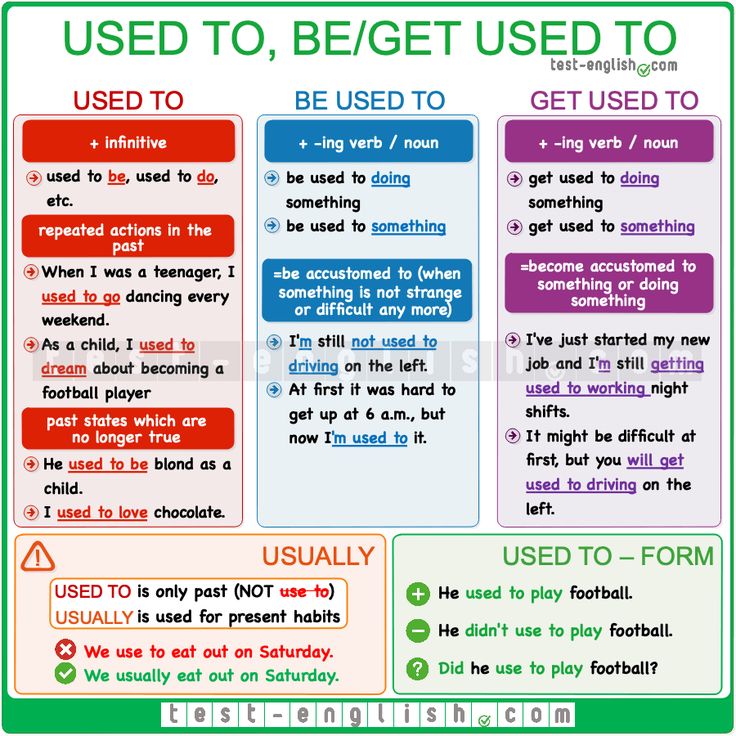
You can’t change the past, but you can certainly work towards changing your future.
Read more about mental health on our blog
Karin Hitchcock, MC, CCC
Clinical Supervisor, Therapy and Counselling
Back pain - don't hang out in the past
How psycho-emotional problems affect our health. Psychosomatics will tell you
Is it possible to harm yourself with your own experiences and not even know about it? Can. Most of us experience some kind of health problem, perhaps even undergoing treatment, but cannot get rid of them. And we do not see the reason, and meanwhile it is so obvious that later we wonder why we did not notice it earlier. How the psycho-emotional state affects our well-being and health, we understand this material. nine0007
nine0007
Psychosomatics is a direction that studies the influence of psychological factors on the occurrence, course, outcome of somatic (bodily) diseases.
Psychologists have identified a connection between the physical state and the psychological, and the localization of pain directly indicates a very specific psycho-emotional failure. Understanding the psychological cause of pain and addressing it can greatly speed up recovery and aid treatment. At the same time, it is not safe to refuse to visit a doctor.
Psychologist Oleg Travnikov assures that the disease itself does not occur after several episodes of restraint of feelings or one inflicted psychological trauma.
— If a destructive situation occurs constantly and for quite a long time, the destructive energy of thought affects the same part of the body, first changes occur in the functioning of the organ, and then at the cellular level, — the expert believes.
So, let's say you are plagued by pain in the epigastric region, which occurs spontaneously and disappears after taking analgesics or by itself. You go to the doctors, and, most likely, even doctors will find the cause (gastritis, ulcer, gastroduodenitis, etc.), you will begin treatment. It, in turn, will not bring a complete recovery, or the disease will return. Experts in psychosomatics will advise - deal with the level of stress, remove the traumatic factors from your life, and, most likely, everything will work out and the treatment will help. nine0007
You go to the doctors, and, most likely, even doctors will find the cause (gastritis, ulcer, gastroduodenitis, etc.), you will begin treatment. It, in turn, will not bring a complete recovery, or the disease will return. Experts in psychosomatics will advise - deal with the level of stress, remove the traumatic factors from your life, and, most likely, everything will work out and the treatment will help. nine0007
Thus, pain or discomfort in some organ may indicate a psychological problem. The American psychologist Louise Hay began to study psychosomatics in detail and one of the first, she also compiled a detailed table of psycho-emotional problems and their physical manifestations.
Allergy
This disease speaks of rejection: someone in your environment, who has been around for a long time, interferes, irritates, infringes - in general, it causes negative emotions, you cannot stand it, but you have to endure it. And with the help of this disease, the body protests and demands to stop immediately. Still, as Louise Hay assures, allergies can talk about the denial of one's own strength. And something definitely needs to be done about it. nine0007
Still, as Louise Hay assures, allergies can talk about the denial of one's own strength. And something definitely needs to be done about it. nine0007
Anemia
There is little pleasant in this disease, but even sadder are the reasons that can cause it, according to the psychologist. Lack of joy, fear of the world and life, belief in one's own inferiority. There is only one recipe - to believe in yourself and learn to enjoy the little things. The recipe of the resilient Polyanna from Eleanor Porter's novel helps well in this case - look for a good moment in any situation, it is sure to be there, so learn to think positively and enjoy life.
Apathy
If this is not a temporary burnout and you have already forgotten when you experienced at least some feelings, they were replaced by total indifference and universal fatigue from life, then this is it - apathy. And behind it - resistance to feelings, suppression of emotions, fear of expressing them. Remember where you “crushed” your cheerfulness, emotionality and why. Who "turned off" your feelings? Live the situation again, playing it according to your scenario, come to the conclusion that it is safe to experience emotions, to feel. nine0007
Remember where you “crushed” your cheerfulness, emotionality and why. Who "turned off" your feelings? Live the situation again, playing it according to your scenario, come to the conclusion that it is safe to experience emotions, to feel. nine0007
Insomnia
If it lasts for a long time, it indicates that you have lost confidence in life, live in fear, feel guilty. Louise Hay offers a mantra to solve this problem: "Lovingly I leave this day and surrender to peaceful sleep, knowing that tomorrow will take care of itself."
Dizziness
Loss of the ability to think coherently, lack of confidence in the life program, unwillingness to see what surrounds you. Acceptance helps. Accept the situation, accept it as it is, and take this as a starting point from which you will begin to change your life. nine0007
Sore throat
Inability to stand up for oneself, swallowed anger, resentment. Allow yourself to speak loudly and emotionally, you can even go out into the forest or park and shout from the heart. And learn to set and defend your boundaries.
And learn to set and defend your boundaries.
Gastric diseases
"Responsible" for the fear of the new, the inability to let it into your life and use it for good. Look fear "in the eye" - go to educational courses, start applying the skills yourself in life and at work. Get on the path of development, and you will see that it is not only not scary, but also terribly exciting. nine0007
Pain in the legs
Panic fear of the future, inability to see and predict the future. You need to try to love the present, feel yourself here and now, understand what processes are happening to you, understand how you influence them, and carefully plan the future. First, short-term, gradually increasing the planning horizon. Planned life will give confidence, help reduce anxiety.
Runny nose and other diseases of the nose
Non-recognition of one's own value, search for support and help, unshed children's tears.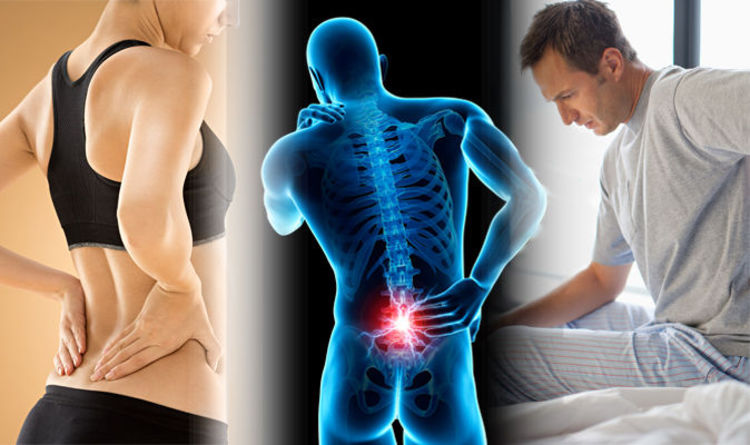 There is only one recipe - to love yourself, pamper yourself and feel like an independent person. Love your inner child, calm him down (imagine holding your little one in your arms, hug the baby, calm him down, let him feel that he is not alone, there is support, help him believe the world).
There is only one recipe - to love yourself, pamper yourself and feel like an independent person. Love your inner child, calm him down (imagine holding your little one in your arms, hug the baby, calm him down, let him feel that he is not alone, there is support, help him believe the world).
Shoulders
The burden of life, we have taken too much on ourselves, we are afraid of “not conveying”. Unload yourself. Give up what you can’t carry on, take on as many obligations as you can definitely handle. Leave room for happiness and joy. Change your attitude to life - let the negative experience become not a burden, but a tool (now you know how to make it right and good). nine0007
Heart disease
Long-standing emotional trauma, callousness, belief that nothing is easily achieved, only through anguish, tension, stress. Reconsider life attitudes, let more joy into life, change your attitude to life processes. You don't have to "tear your veins" to be successful - find examples in your environment and study them in detail. Communicate with children, learn from them perseverance and a positive perception of life.
Communicate with children, learn from them perseverance and a positive perception of life.
Back
There are a whole bunch of reasons: fear of money, seeking financial support, feeling guilty, stuck in the past, lack of moral support, holding back feelings of love. But everything here starts with not loving yourself – “I don’t deserve to earn much”, “I don’t deserve love”, “I did a lot of bad things in the past”, etc. Love yourself, and life will begin to change.
Oleg Travnikov is sure that feeling sorry for yourself is the way to acquire new psychosomatic problems, but self-acceptance, self-love and the desire to soberly assess the situation, understand it, find a way out is an excellent and strong bridge to solving the problem. nine0007
— And most importantly, don't be afraid to ask for help if you need it. It can be difficult for oneself to even impartially assess the situation, but from the outside it is often clearer. But the choice of assistants also needs to be approached wisely so as not to harm, it is better if it is a specialist, the psychologist is sure.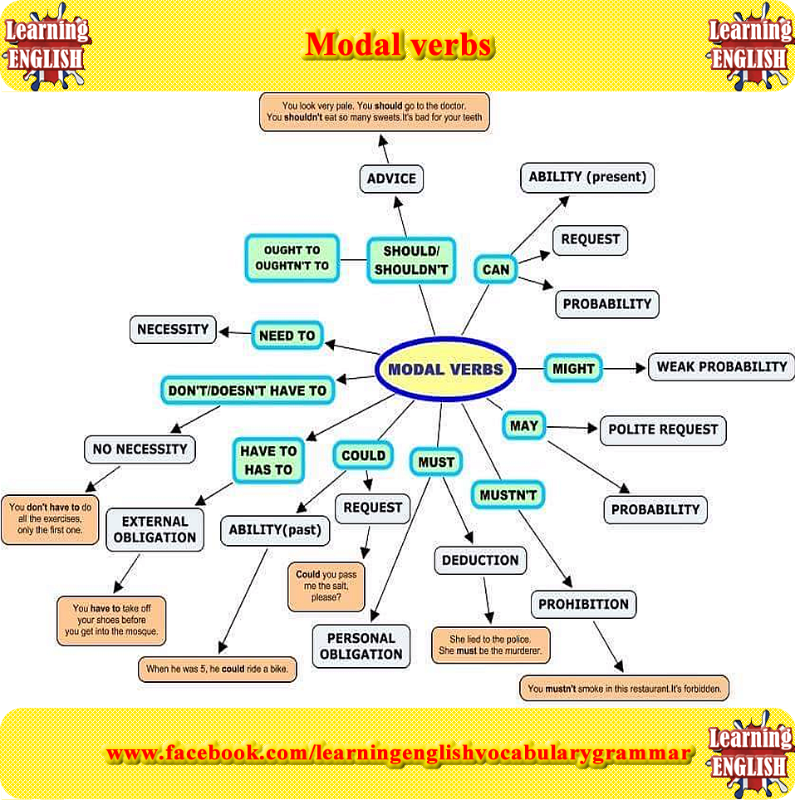
Following the recommendations of a psychologist, we advise you to love yourself, appreciate and indulge in every possible way. Life is one, and we have no time to write a draft. Be healthy and happy, in harmony with yourself and the world.
Yulia Filippova.
Photo pixabay.com
All diseases are from nerves. Is it so?
Psychosomatics is a term adopted in medicine to refer to such an approach to explaining diseases, in which special attention is paid to the role of mental factors in the occurrence, course and outcome of diseases. Psychosomatics studies the influence of psychological factors on the occurrence of a number of somatic (bodily) diseases.
According to scientists, about 50% of all diseases in industrialized countries are psychogenic in nature. The main method of treatment is psychotherapy, the purpose of which is to establish connections hidden for the patient himself between his emotional conflicts and the onset of symptoms of the disease.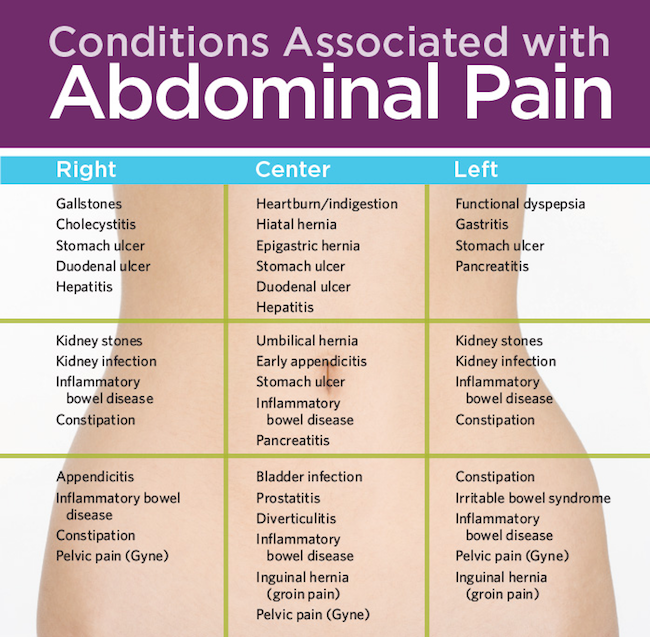 nine0007
nine0007
As you know, pain indicates that something in the body is not working properly. This is a kind of signal for help. When our emotions remain unheard for a long time, and mental pain continues to grow, the body comes to the rescue. The most vulnerable place of a person suffers. In some people, with severe stress, the cardiovascular system suffers, in others, the intestines, etc. Each person has his own body reactions, including those due to hereditary predisposition. Diseases such as hypertension, bronchial asthma, polyarthritis, neurodermatitis, migraine are classified as psychosomatic diseases. And the list of diseases, the occurrence of which is associated with the human psyche, is growing. nine0007
There are several causes of disease :
1. Genetic or constitutional predisposition of the organ.
2. Stress, psycho trauma.
3. Internal conflict.
To paraphrase a famous saying, you can say "Tell me what you are sick of, and I will tell you who you are. "
"
The table below lists the main psychological causes of disease. It is worth noting that this is not a universal table and it will not replace traditional medicine, but it can be a good help in finding the harmony of mind and body. nine0007
Alcoholism, drug addiction . Unable to deal with anything. Terrible fear. The desire to get away from everyone and everything. Reluctance to be here.
Feelings of futility, inadequacy. Rejection of self.
Allergy . Who can't you stand? Denial of one's own power.
A protest against something that cannot be expressed. It often happens that the parents of an allergic person often argued and had completely different views on life. nine0007
Appendicitis . Fear. Fear of life. Blocking everything good.
Insomnia. Fear. distrust of the life process. Guilt.
Escape from life, unwillingness to recognize its shadow sides.
Vegetative dystonia . Infantilism, low self-esteem, a tendency to doubt and self-accusation.
Excessive appetite . Fear. Self-defense. distrust of life. Feverish overflow and getting rid of feelings of self-hatred. nine0007
Obesity . Hypersensitivity. Often symbolizes fear and the need for protection. Fear can serve as a cover for hidden anger and unwillingness to forgive. Trust in yourself, in the very process of life, refraining from negative thoughts - these are the ways to lose weight.
Obesity is a manifestation of a tendency to defend oneself against something. The feeling of inner emptiness often awakens the appetite. Eating provides many people with a sense of acquisition. But mental deficiency cannot be filled with food. Lack of confidence in life and fear of life circumstances plunge a person into an attempt to fill the spiritual emptiness with external means. nine0007
Lack of appetite . Denial of personal life. Strong feelings of fear, self-hatred and self-denial.
Denial of personal life. Strong feelings of fear, self-hatred and self-denial.
Khudoba . Such people do not like themselves, they feel insignificant in comparison with others, they are afraid of being rejected. And so they try to be very kind.
Cellulitis (inflammation of the subcutaneous tissue) . Accumulated anger and self-punishment. Forces herself to believe that nothing bothers her. nine0007
Myopia - Fear of the future.
Glaucoma The most obstinate unwillingness to forgive. They press old grievances. Crushed by all this.
Farsightedness - Feeling of being out of this world.
Cataract . Inability to look ahead with joy. Foggy future.
Conjunctivitis . Some event happened in life that caused intense anger, and this anger is intensified by the fear of reliving this event again. nine0007
nine0007
Blindness, retinal detachment, severe head injury . A harsh assessment of the behavior of another person, jealousy, coupled with contempt, arrogance and rigidity.
Dry eyes . Evil eyes. Unwillingness to look with love. I'd rather die than forgive. Sometimes a manifestation of malice.
Barley . Occurs in a very emotional person who cannot get along with what he sees. And who feels anger and irritation when he realizes that other people see the world differently. nine0007
Head: diseases . Jealousy, envy, hatred and resentment.
Headaches . Self underestimation. Self-criticism. Fear. Headaches occur when we feel inferior, humiliated. Forgive yourself and your headache will disappear by itself.
Headaches often come from low self-esteem, as well as low resistance to even minor stresses. A person complaining of constant headaches literally consists of psychological and physical clamps and tension. The habitual state of the nervous system is to always be at the limit of its capabilities. And the first symptom of future diseases is a headache. Therefore, doctors working with such patients first teach them to relax. nine0007
The habitual state of the nervous system is to always be at the limit of its capabilities. And the first symptom of future diseases is a headache. Therefore, doctors working with such patients first teach them to relax. nine0007
Loss of contact with one's true self. The desire to justify the high expectations of others. Trying to avoid any mistakes.
Throat: diseases . Inability to take care of oneself. Swallowed anger. Crisis of creativity. Unwillingness to change. Throat problems arise from the feeling that we "have no right" and from a sense of our own inferiority.
The throat, in addition, is a part of the body where all our creative energy is concentrated. When we resist change, we most often develop throat problems. You need to give yourself the right to do what you want, without blaming yourself and without fear of disturbing others. A sore throat is always an annoyance. If he is accompanied by a cold, then, in addition to this, also confusion.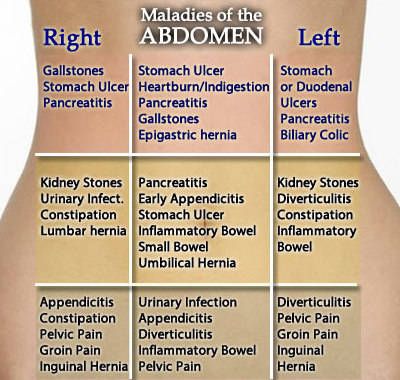 nine0007
nine0007
Angina . You refrain from harsh words. Feeling unable to express yourself. Feeling angry at not being able to handle a situation.
Laryngitis . Anger makes it difficult to speak. Fear makes it difficult to speak. They dominate me.
Tonsillitis . Fear. Suppressed emotions. Silent creativity. Belief in one's inability to speak for oneself and independently achieve the satisfaction of one's needs. nine0007
Diabetes . Longing for the unfulfilled. Strong need for control. Deep grief. There is nothing pleasant left. Diabetes can be caused by a need to control, sadness, and an inability to receive and internalize love. The diabetic cannot bear affection and love, although he craves them. He unconsciously rejects love, despite the fact that at a deep level he feels a strong need for it. Being in conflict with himself, in rejection of himself, he is not able to accept love from others. Finding inner peace of mind, openness to accepting love and the ability to love is the beginning of a way out of the disease. Attempts to control, unrealistic expectations of universal happiness and sadness to the point of hopelessness that this is not feasible. The inability to live one's own life, because it does not allow (does not know how) to rejoice and enjoy one's life events. nine0007
Finding inner peace of mind, openness to accepting love and the ability to love is the beginning of a way out of the disease. Attempts to control, unrealistic expectations of universal happiness and sadness to the point of hopelessness that this is not feasible. The inability to live one's own life, because it does not allow (does not know how) to rejoice and enjoy one's life events. nine0007
Respiratory : diseases. Fear or refusal to inhale life fully. You do not recognize your right to occupy space or exist at all. Fear. Resistance to change. Distrust in the process of change.
Suppressed sexual desires. wants too much; takes more than he should and gives with great difficulty. He wants to seem stronger than he is and thereby arouse love for himself.
Gastric diseases . Horror. Fear of the new. Inability to learn new things. We do not know how to assimilate a new life situation. The stomach is sensitive to our problems, fears, hatred of others and ourselves, dissatisfaction with ourselves and our fate.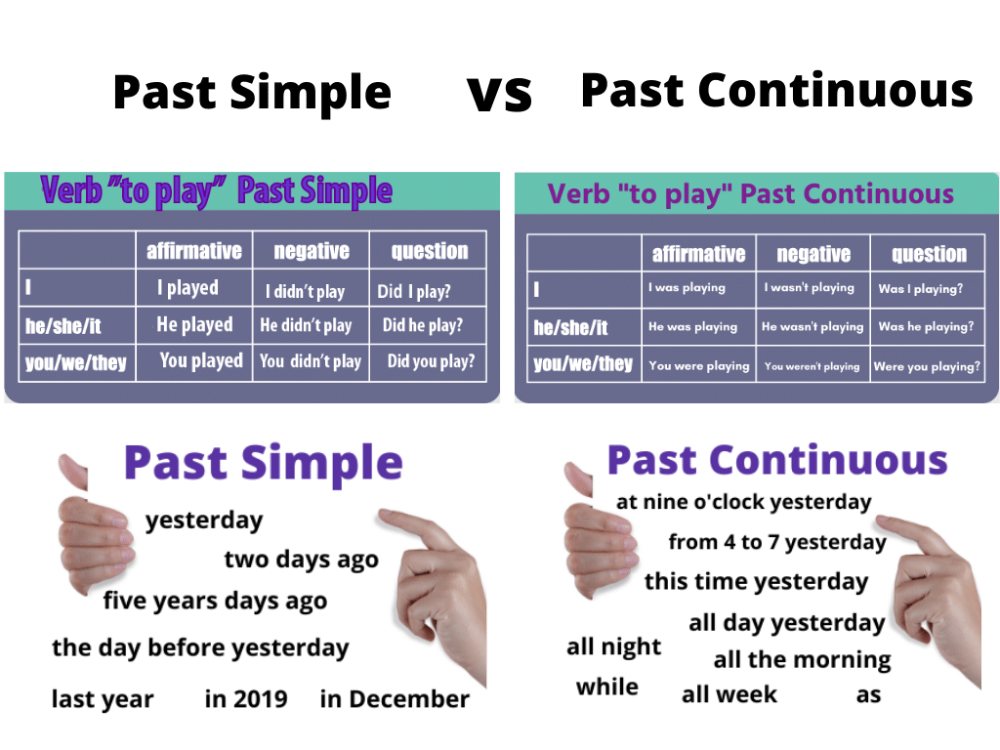 Suppression of these feelings, unwillingness to admit them to oneself, an attempt to ignore and "forget" them instead of understanding, understanding and resolving can cause various stomach disorders. Gastric functions are upset in people who bashfully react to their desire to receive help or a manifestation of love from another person, the desire to lean on someone. In other cases, the conflict is expressed in a sense of guilt because of the desire to take something by force from another. The reason why gastric functions are so vulnerable to such conflict is that food represents the first explicit satisfaction of a receptive-collective desire. In the mind of a child, the desire to be loved and the desire to be fed are deeply connected. When, in later life, the desire to receive help from another causes shame or shyness, which is not uncommon in a society whose main value is independence, this desire finds a regressive satisfaction in an increased craving for food. This craving stimulates the secretion of the stomach, and a chronic increase in secretion in a predisposed individual can lead to the formation of an ulcer.
Suppression of these feelings, unwillingness to admit them to oneself, an attempt to ignore and "forget" them instead of understanding, understanding and resolving can cause various stomach disorders. Gastric functions are upset in people who bashfully react to their desire to receive help or a manifestation of love from another person, the desire to lean on someone. In other cases, the conflict is expressed in a sense of guilt because of the desire to take something by force from another. The reason why gastric functions are so vulnerable to such conflict is that food represents the first explicit satisfaction of a receptive-collective desire. In the mind of a child, the desire to be loved and the desire to be fed are deeply connected. When, in later life, the desire to receive help from another causes shame or shyness, which is not uncommon in a society whose main value is independence, this desire finds a regressive satisfaction in an increased craving for food. This craving stimulates the secretion of the stomach, and a chronic increase in secretion in a predisposed individual can lead to the formation of an ulcer. nine0007
nine0007
Gastritis . Protracted uncertainty. Feeling of doom.
Irritation. A strong outburst of anger in the near past.
Heartburn . Fear. The grip of fear. Heartburn, excess gastric juice indicates repressed aggressiveness. The solution to the problem at the psychosomatic level is the transformation of the forces of repressed aggression into the action of an active attitude to life and circumstances.
nine0003 Gastric and duodenal ulcer . Fear. Firm belief that you are defective. We fear that we are not good enough for our parents, bosses, teachers, etc. We literally can't stomach what we are. We always try to please others. No matter what position you hold at work, you may have a complete lack of self-esteem. In almost all ulcer patients, there is a deep internal conflict between the desire for independence, which they highly value, and the need for protection, support and care laid down from childhood. These are people who are trying to prove to everyone that they are needed and indispensable. Envy. People with peptic ulcer are characterized by anxiety, irritability, increased diligence and a heightened sense of duty. They are characterized by low self-esteem, accompanied by excessive vulnerability, shyness, resentment, self-doubt and, at the same time, increased demands on themselves, suspiciousness. It is noticed that these people strive to do much more than they can really do. For them, a tendency to actively overcome difficulties, combined with strong internal anxiety, is typical. Anxiety, hypochondria. Suppressed feeling of dependence. Irritation, indignation and at the same time helplessness from attempts to change oneself, adjusting to someone's expectations. nine0007
These are people who are trying to prove to everyone that they are needed and indispensable. Envy. People with peptic ulcer are characterized by anxiety, irritability, increased diligence and a heightened sense of duty. They are characterized by low self-esteem, accompanied by excessive vulnerability, shyness, resentment, self-doubt and, at the same time, increased demands on themselves, suspiciousness. It is noticed that these people strive to do much more than they can really do. For them, a tendency to actively overcome difficulties, combined with strong internal anxiety, is typical. Anxiety, hypochondria. Suppressed feeling of dependence. Irritation, indignation and at the same time helplessness from attempts to change oneself, adjusting to someone's expectations. nine0007
Hemorrhoids . Fear of not meeting the allotted time. Anger in the past. Heavier feelings. Inability to get rid of accumulated problems, resentments and emotions. The joy of life is drowned in anger and sadness. Fear of separation. Suppressed fear. Gotta do the job you hate. Something urgently needs to be completed in order to receive certain material benefits.
Fear of separation. Suppressed fear. Gotta do the job you hate. Something urgently needs to be completed in order to receive certain material benefits.
Constipation . Unwillingness to part with outdated thoughts. Stuck in the past. Sometimes in acrimoniousness. Constipation indicates an excess of accumulated feelings, ideas and experiences that a person cannot or does not want to part with, cannot make room for new ones. The tendency to dramatize some event in one's past, the inability to resolve that situation (complete the gestalt) nine0007
Irritable bowel syndrome . Infantilism, low self-esteem, a tendency to doubt and self-accusation. Anxiety, hypochondria.
Colic . Irritation, impatience, dissatisfaction with the environment.
Colitis. Uncertainty. Symbolizes the ability to easily part with the past. Fear of letting go of something. Unreliability.
Flatulence . Tightness. Fear of losing something significant or being in a hopeless situation. Worry about the future. Unrealized ideas. nine0007
Tightness. Fear of losing something significant or being in a hopeless situation. Worry about the future. Unrealized ideas. nine0007
Indigestion . Animal fear, horror, restlessness. Grunts and complaints.
Belching . Fear. Too greedy attitude to life.
Diarrhea . Fear. Refusal. Runaway.
Acne (acne) . Disagreement with yourself. Lack of self love
A sign of a subconscious desire to push others away, not to let yourself be considered. (i.e. not enough self-respect and acceptance of yourself and your inner beauty) nine0007
Furuncle . A particular situation poisons a person's life, causing intense feelings of anger, anxiety and fear.
Neck: diseases . Unwillingness to see other sides of the issue. Stubbornness. Lack of flexibility. He pretends that the disturbing situation does not bother him at all.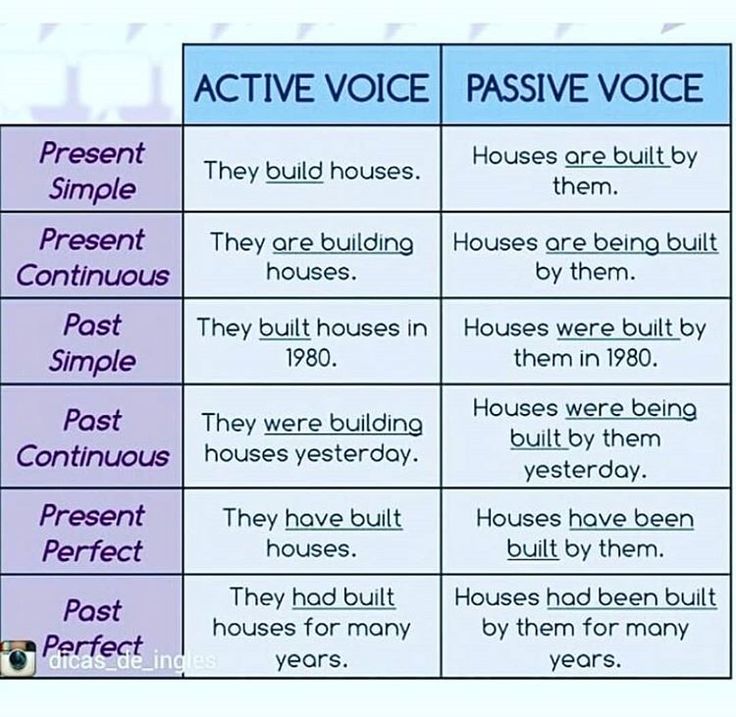
Eczema . irreconcilable antagonism. Mental breakdowns. Uncertainty about your future.
Bones, Skeleton: Issues . A person values himself only for what turns out to be useful to others.
Arthritis . The feeling that you are not loved. Criticism, resentment. They cannot say no and blame others for being exploited. For such people, it is important to learn how to say “no” if necessary. Arthritic - one who is always ready to attack, but suppresses this desire in himself. There is a significant emotional influence on the muscular expression of feelings, which is extremely tightly controlled. Desire for punishment, self-reproach. victim state. A person is too strict with himself, does not allow himself to relax, does not know how to express his desires and needs. The “inner critic” is too well developed. nine0007
Herniated discs . The feeling that life has completely deprived you of support.
Curvature of the spine . Inability to go with the flow of life. Fear and attempts to hold on to outdated thoughts. distrust of life. Lack of integrity of nature. No boldness of conviction.
Lower back pain . Unrealized expectations in the field of interpersonal relationships.
Sciatica . Hypocrisy. Fear for money and for the future. nine0007
Back: diseases of the lower part . Fear of money. Lack of financial support. Fear of poverty, material disadvantage. Forced to do everything myself. Fear of being used and getting nothing in return.
Back: diseases of the middle part . Guilt. Attention is riveted to everything that is in the past. "Leave me alone". The belief that no one can be trusted.
Back: diseases of the upper part . Lack of moral support. The feeling that you are not loved. Holding back feelings of love.